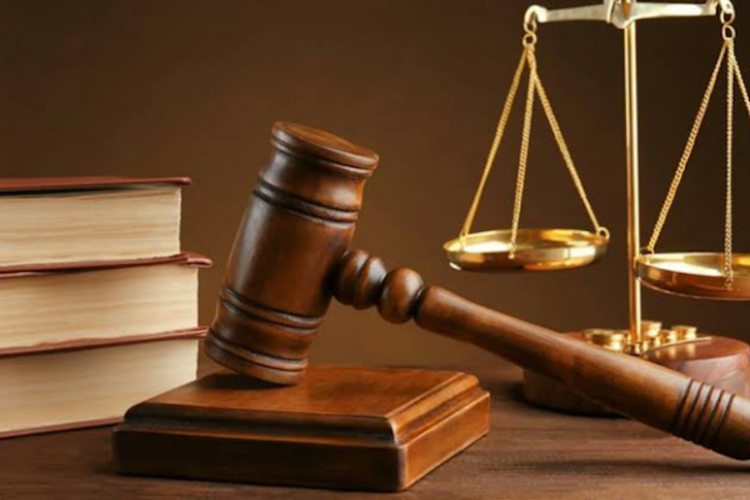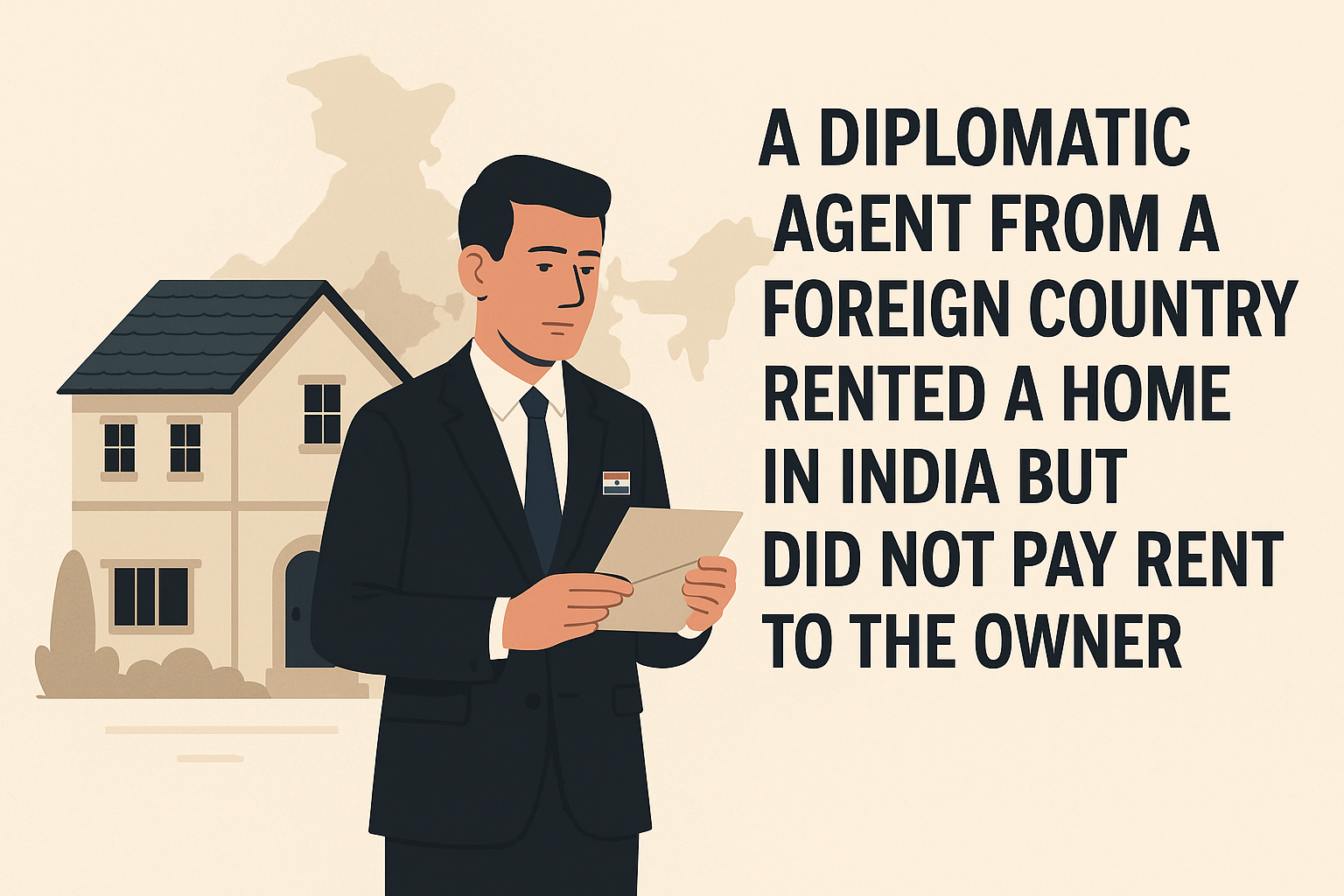Facts of the Case
A senior diplomat from State ‘A’ was posted to State ‘B’ under a bilateral diplomatic agreement. During his tenure, local intelligence agencies in State ‘B’ uncovered a secret operation. The diplomat was allegedly supplying arms and ammunition to a militant organization that was officially banned under State ‘B’s counter-terrorism laws.
He was arrested while delivering a cache of weapons to a contact linked with the banned outfit. When presented in court, he did not deny the act but instead invoked diplomatic immunity, claiming protection under international conventions. This raised significant diplomatic tensions between the two states.
Issues of the Case
- Can a diplomat engage in illegal activities and still claim immunity from prosecution?
- Does diplomatic immunity extend to criminal offenses like arms trafficking and aiding terrorism?
- What role do international treaties and local laws play in such a situation?
- Can the host country declare the diplomat persona non grata or prosecute him despite his status?
Legal Principles and Precedents
The key legal instrument in this scenario is the Vienna Convention on Diplomatic Relations (1961). According to Article 31 of the Convention, diplomats enjoy immunity from the criminal jurisdiction of the host country. This means they cannot be arrested, detained, or prosecuted while they hold diplomatic status.
However, Article 41 of the same Convention states that diplomats must respect the laws and regulations of the host state and not interfere in internal affairs. Supplying weapons to a banned outfit clearly violates both these mandates.
A crucial element here is whether the alleged act falls within the scope of official functions. Since arms trafficking and aiding banned groups are not part of diplomatic duties, immunity may not cover such conduct.
In the Libyan diplomat shooting case (1984, UK) and United States v. Noriega (1990), courts emphasized that serious criminal conduct cannot be ignored simply because of diplomatic cover. If the diplomat’s home state waives immunity, the individual can be prosecuted.
Alternatively, the host state can declare the diplomat persona non grata and expel him immediately, a measure frequently used in politically sensitive cases.
Judgement
In this case, the diplomat from State ‘A’ cannot succeed in using diplomatic immunity as a shield against prosecution for criminal offenses of such gravity. Arms trafficking and support to a banned militant group are considered acts beyond the scope of diplomatic functions.
The court in State ‘B’ is bound by international law, but it also has the sovereign right to protect its national security. It can either request State ‘A’ to waive the diplomat’s immunity, allowing prosecution, or expel the diplomat and request prosecution in the sending state.
Since the act poses a direct threat to the internal security of State ‘B’, and violates both domestic and international law, the argument lies in the abuse of diplomatic privileges for unlawful personal acts. The court may also use available evidence to prove the diplomat’s intent and role, and pressure State ‘A’ to cooperate.
The final judgement would likely uphold the Vienna Convention but reject immunity in the context of grave criminal actions that threaten peace and security.




